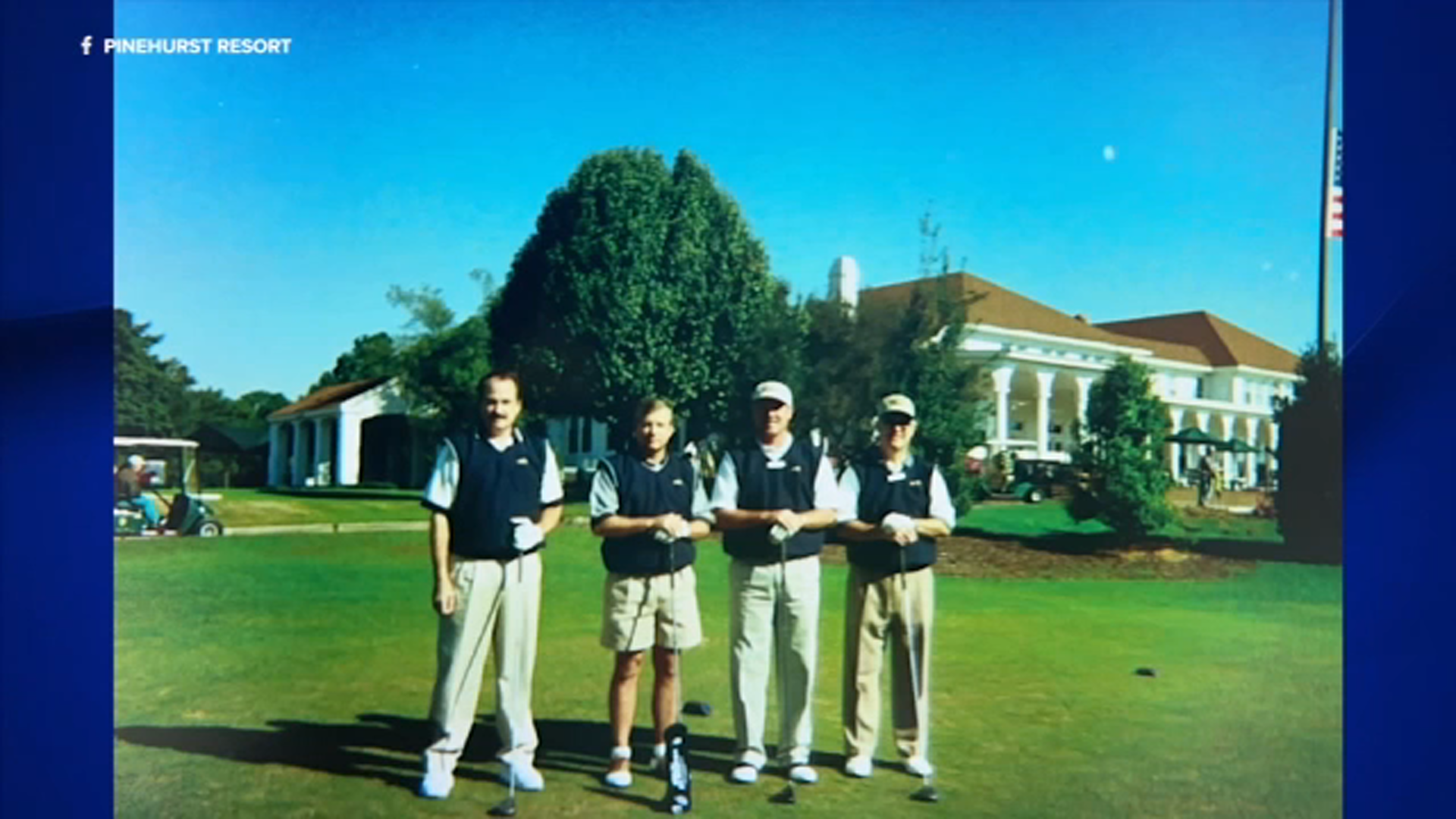As COVID-19 cases climb, how is North Carolina's ventilator supply?

RALEIGH (WTVD) -- The pandemic has added a lot of words to our lexicon that 10 months ago we didn't use on a regular basis.
Ventilator is one of them.
During the first wave of the pandemic, there was a lot of talk about a shortage of ventilators.
So when the flu season and an expected winter wave of COVID-19 collide, will North Carolina be ready for another onslaught?
"Because we are entering flu season all the hospitals are preparing that way," Bill Croft said. "We have to be prepared because as we saw with the early COVID crisis we could have been overwhelmed."
Croft is the executive director of the North Carolina Respiratory Care Board, the agency that licenses more than 5,200 respiratory therapists in the state.
That first wave of the pandemic was an important learning experience for the field, according to Croft, who said, "We now know the logistics of this whole operation. We know, if we need to, how to mitigate ventilator supplies."
Croft says hospital officials have been creative.
They've repurposed and retrofitted ventilators used by anesthesiologists.
They've also purchased non-invasive ventilators that force oxygen into the lungs without using a throat tube.
And they learned from mistakes made in other states.
"They didn't commit patients to ventilators too quickly. And like in some states that did that, you saw actually a higher rate of death," he said, adding that's why he recently conducted a survey of respiratory care managers to gauge their concern about the inventory of ventilators.
"Right now ventilators are not that much of a concern by comparison to other factors such as staffing," Croft noted.
In fact, the top two concerns were having enough staff and the health and safety of those staffers.
"All of the health care workers at this point are stressed. And they need some respite," Croft said, "And, unfortunately, often times the only time they get that respite is when they actually come down with COVID and can't go to work."
So as long as staff levels can be maintained, Croft is confident about the ability of respiratory therapists to handle a winter wave of both COVID-19 and the flu.
But Croft knows during a pandemic nothing is certain.
"I mean there's always the possibility of some disaster happening but the reality is we can look back in time and see how well it's been managed."









